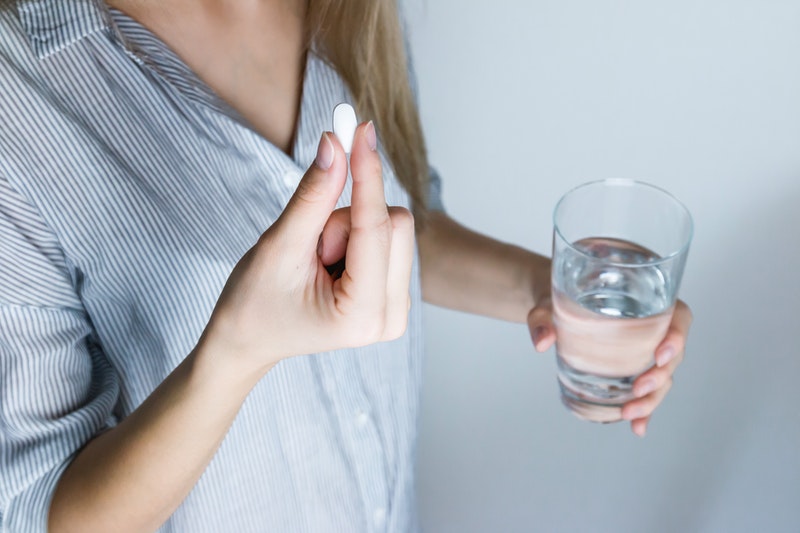What should you avoid when you are on medicine for diabetes?
- Forgetting doses
- Skipping meals
- Consuming alcohol
- Taking non-prescription drugs
- Ignoring signs and symptoms
Diabetes is a cruel condition that can take over someone’s life. There is yet to be a cure for this disease; it can only be regulated or controlled. This is done by taking medicine for diabetes, having a healthy lifestyle, and sticking to a strict and proper diet. At best, diabetes can go into remission, which means the body will not show any signs or experience any symptoms, although the disease is still there.
Simply put, the moment you are diagnosed with diabetes, regardless of type, you are going to have to make some heavy adjustments in your life. You might be put under certain types of medication which then means that there are going to be things you can’t do and food you can’t eat.
We’ve listed what these things are, so simply continue reading to find out more!
Forgetting Doses

When you’re on diabetes medication, you can’t afford to forget or miss doses because it can have very adverse effects on your body. Taking them too late may make your blood sugar levels go up; take them too early and your blood sugar may reach dangerously low levels.
In order to stay on top of your medication, we highly recommend that you set reminders that alert you on when, what, and how much medication to take.
Skipping Meals
Sulfonylureas, one of many medicines for diabetes, can cause low blood sugar levels within your system. Although it’s a common side effect of the drug, it can be severely life-threatening if it gets your blood sugar levels to extremely low levels.
A good way to prevent this is to regularly eat your meals and never skip them. Eating the right foods should help keep your blood sugar within the normal range!
Consuming Alcohol

Once you start taking medicine for diabetes, it’s time to give up your beer mugs and shot glasses. Alcohol also puts a lot of stress on your liver — the organ responsible for removing toxins in the body. When used excessively and in the long-term, it damages the organ and prevents it from producing and regulating glucose in the body.
Another possible effect of alcohol consumption is it makes your cells less sensitive to insulin. This will eventually lead to lower absorption of glucose and increased levels in the bloodstream.
Taking Non-Prescription Drugs
Diabetes medication can react negatively to other types of medicine so it’s best to steer clear of non-prescription drugs. Before you take any kind of additional medication, run it through your doctor. They’d be able to tell you whether a particular kind of medicine is safe to take or disrupt the effectiveness of your existing medication.
If it’s a type of medicine that you absolutely need to treat another condition, then have the doctor change your diabetes medication accordingly.
Ignoring Signs and Symptoms
People like to ignore the signs and symptoms of an illness thinking that it would go away in time. Once the symptoms are gone, they go about their days as if nothing ever happened. This isn’t something you can do when you’re on medicine for diabetes mostly because these seemingly harmful and mildly inconvenient pains might be side effects.
As soon as you feel anything unusual and you suspect that it’s because of the medication, inform your doctor immediately. Much like what was said before, they may be inclined to change your prescription and give you something better. If not, they’d at least be able to tell you of ways to counter these things.
Key Takeaway
A diabetes diagnosis may alter your life but don’t give it the power to take over your every move. If you take your medicine for diabetes appropriately, eat a proper diet, and live a healthy lifestyle then we’re sure that you can cope with this condition!